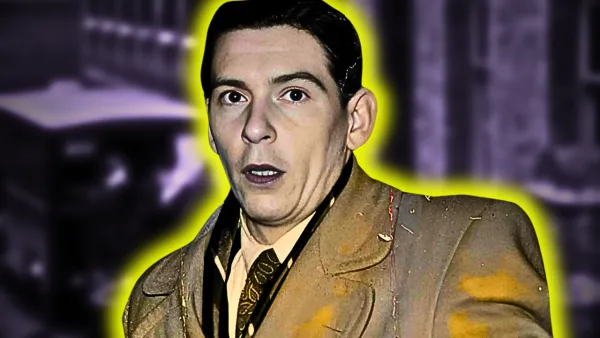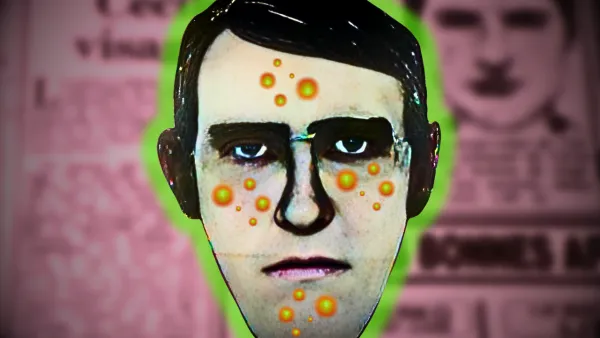Mass Murderer Szilveszter Matuschka Got Sexual Gratification By Derailing Trains

Szilveszter Matuska was a Hungarian criminal who gained notoriety for his acts of sabotage and terrorism, including derailing trains. He was born in Hungary in 1905 and immigrated to Austria in the 1920s, where he became involved in criminal activities and was eventually sentenced to prison. After his release, he continued to engage in criminal activities, including train derailments in Europe and the United States that caused multiple fatalities and injuries. Matuska was eventually caught and sentenced to life in prison, where he died in 1971. Despite his violent and dangerous criminal history, he remains a controversial figure in Hungarian criminal history.
Sylvester Matuska attempted to derail trains in Austria twice in late 1930 and early 1931, but these attempts were unsuccessful. On August 8, 1931, he finally succeeded in derailing the Berlin-Basel express train south of Berlin, resulting in numerous injuries but no fatalities. The discovery of a defaced Nazi newspaper at the scene of the crime led authorities to believe that the derailment may have been politically motivated, and a bounty of 100,000 reichsmark was offered for information leading to the perpetrator's capture.
On September 13, 1931, Matuska committed his second and most infamous crime when he derailed the Vienna Express near Budapest. As the train was crossing the Biatorbágy bridge at 12:20 am, Matuska caused the tragedy by derailing the train, resulting in 22 deaths and 120 injuries, 17 of which were severe. This horrific act further solidified his reputation as a dangerous and destructive criminal.
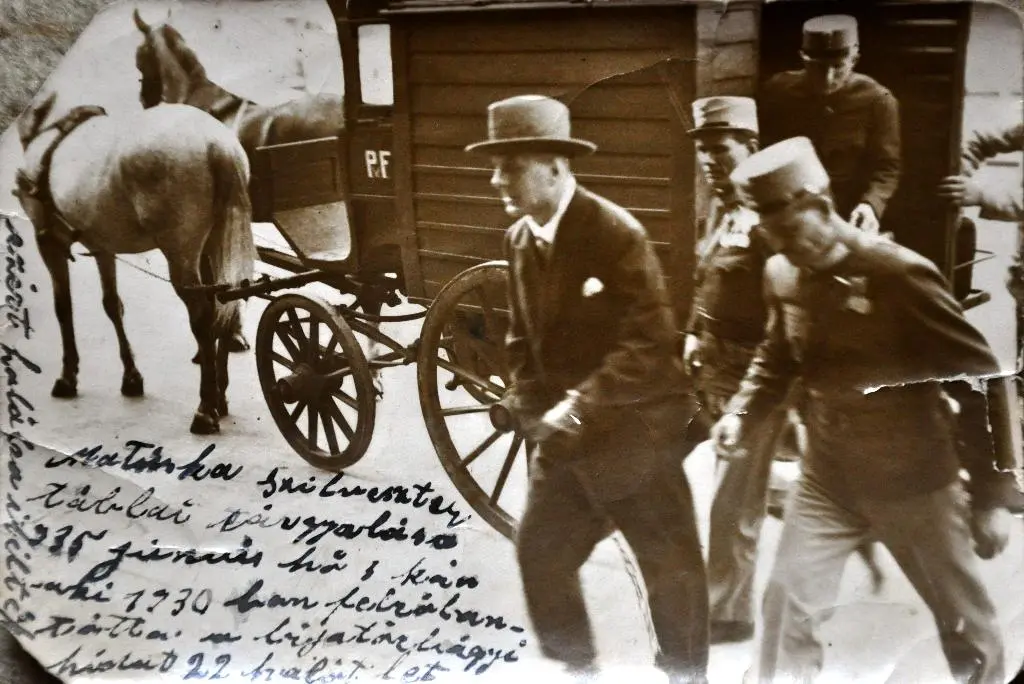
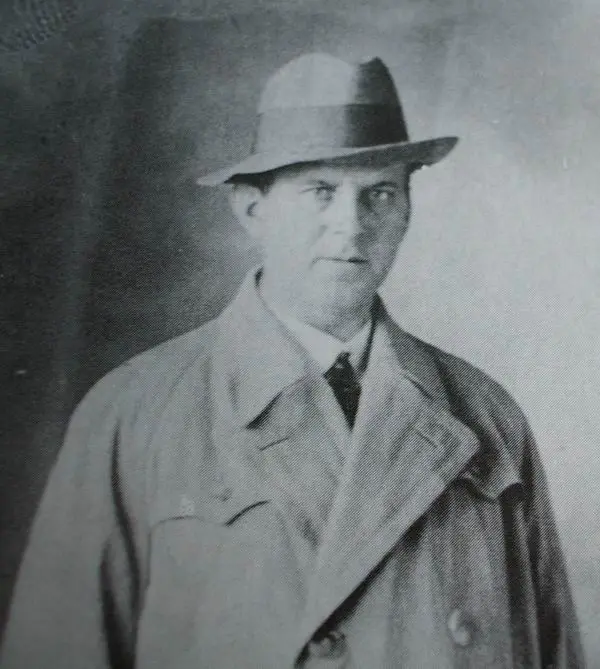
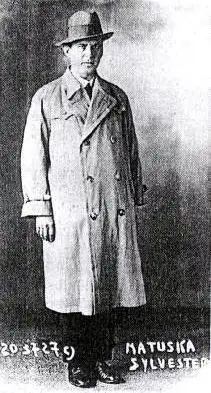
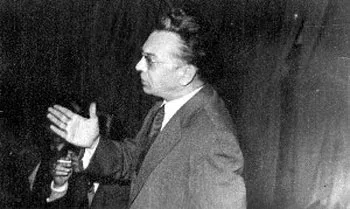
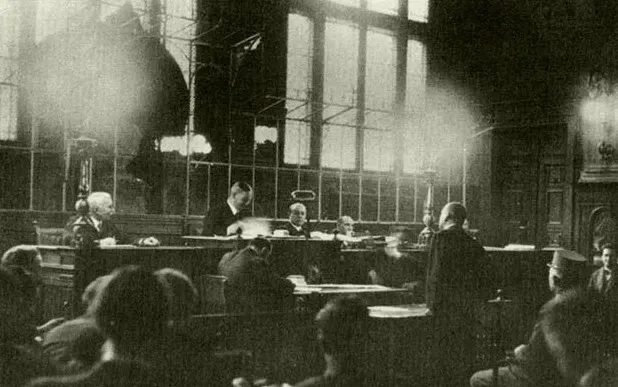
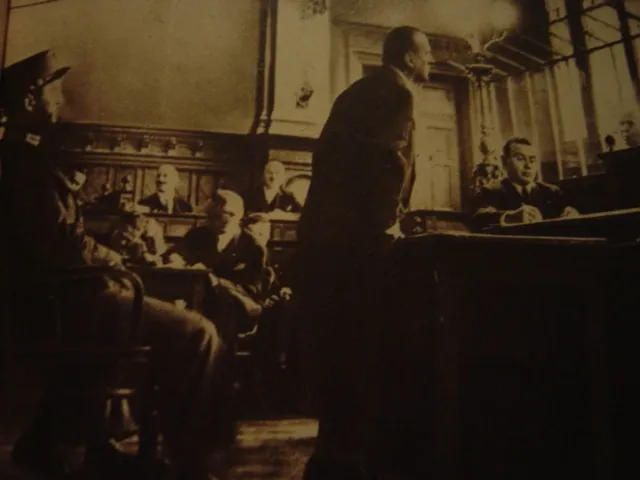

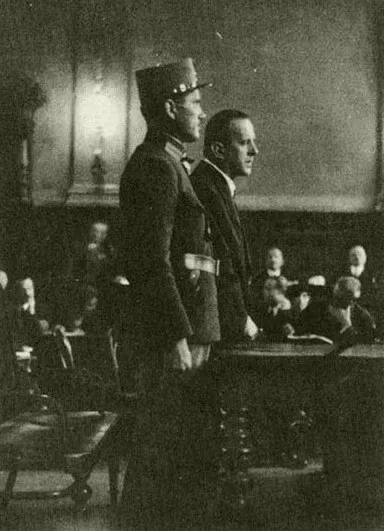
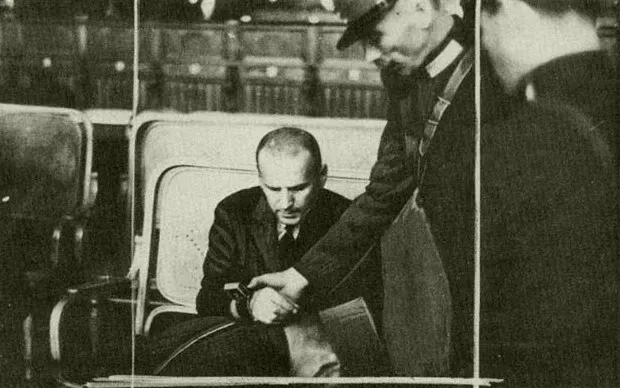
Matuska executed his crime by detonating a section of the Biatorbágy bridge, causing the engine and nine of the eleven coaches of the Vienna Express to plummet into a 30-meter deep ravine. Despite being discovered at the scene, he successfully posed as a survivor and was subsequently released. Nevertheless, investigators from three countries quickly began searching for him, and one month later, on October 10, 1931, he was apprehended in Vienna and promptly confessed to the crime.
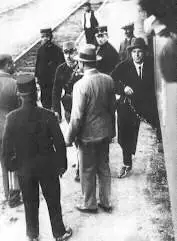
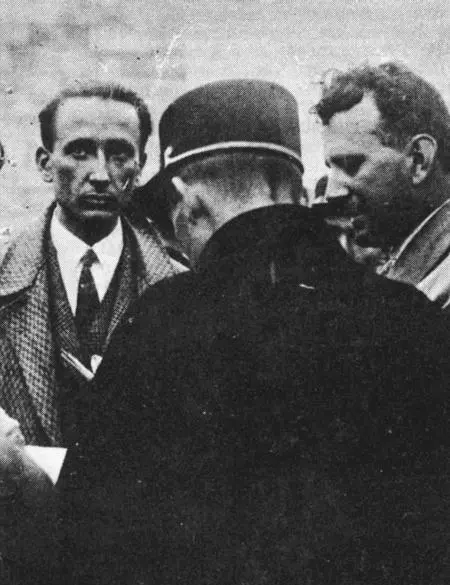
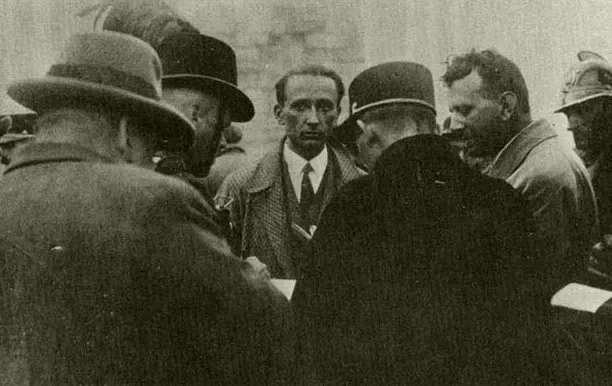
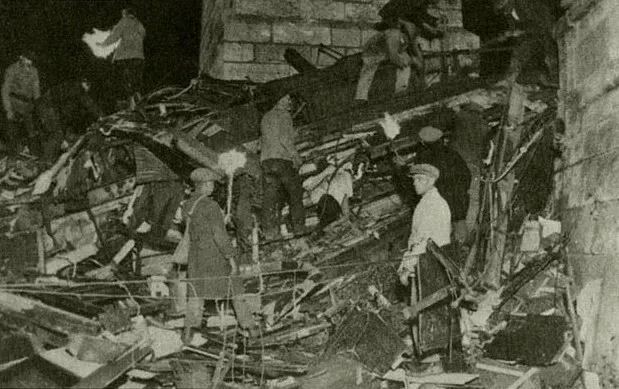
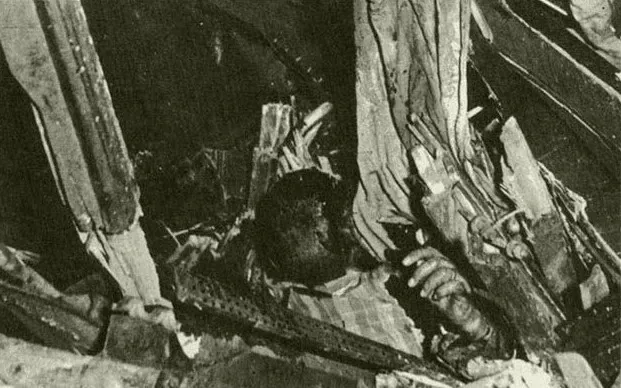
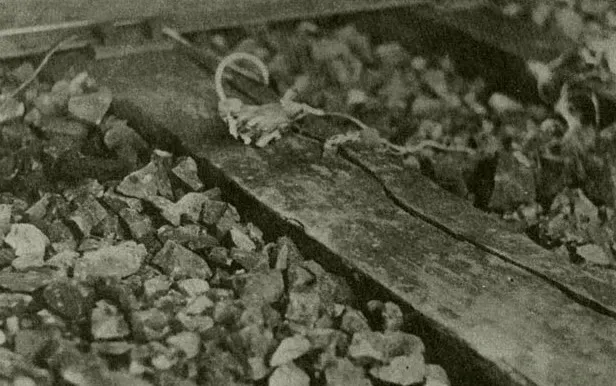
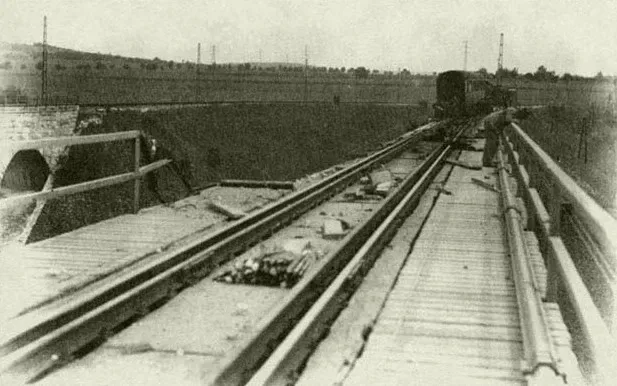
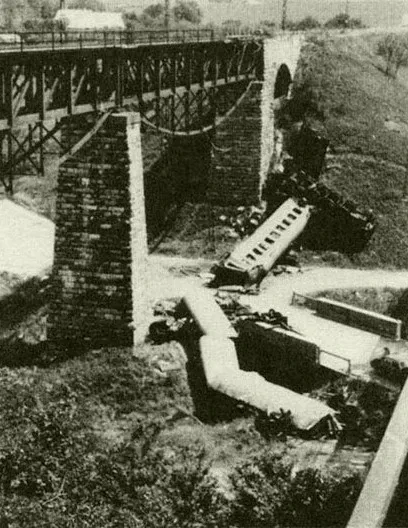
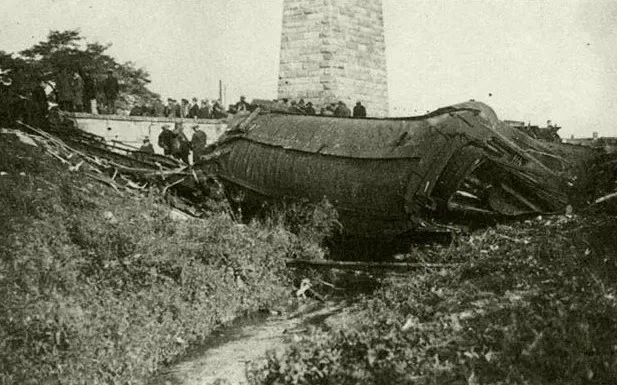
Matuska faced trial in Austria for his two unsuccessful attempts to derail trains, where he was found guilty and convicted. He was then extradited to Hungary under the condition that the death penalty would not be imposed. Despite being found guilty of murder, the sentence was changed to life imprisonment in accordance with the agreement between Hungary and Austria.
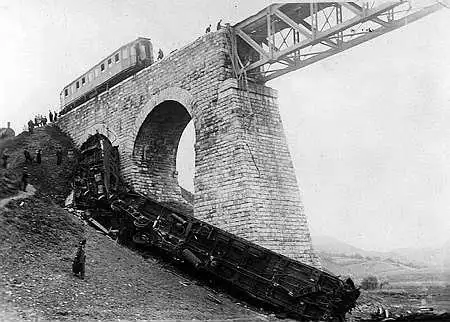

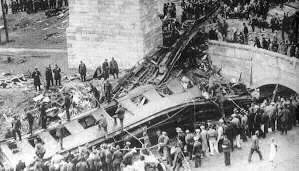
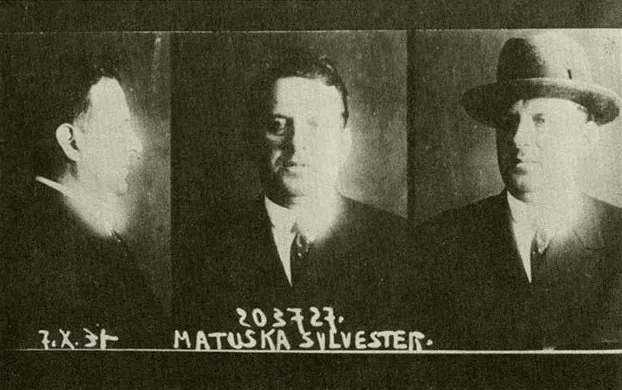
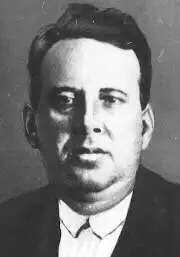
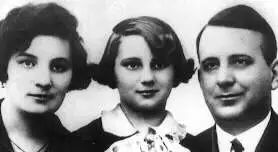
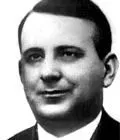
It is said that Matuska escaped from prison in Vác in 1944. Some accounts suggest that he worked as an expert in explosives during the final stages of World War II, however, he was never caught and his whereabouts remained a mystery. There have been rumors that he participated in the Korean War on the communist side, but there is no supporting evidence for this claim.
The reasons behind Matuska's actions remain a mystery. Initially, his first attack was believed to have political motives, but at his trial, he claimed that God had instructed him to derail the train. Matuska has also been quoted as saying, "I derailed trains because I enjoyed watching people die and hearing their screams." It was reported that he experienced sexual gratification from observing the trains he sabotaged crash.
In 1990, the band Lard released a song called "Sylvestre Matuschka" that was based on Matuska's life. Additionally, in 1982, a Hungarian-German television film was produced about Matuska's crimes and was titled "The Viaduct".



